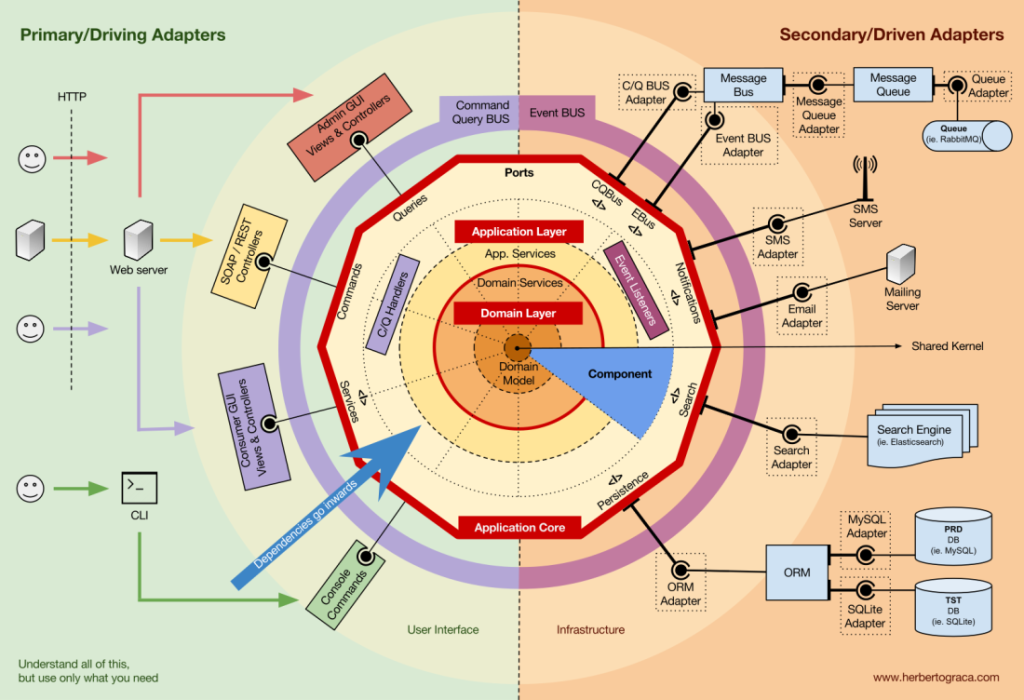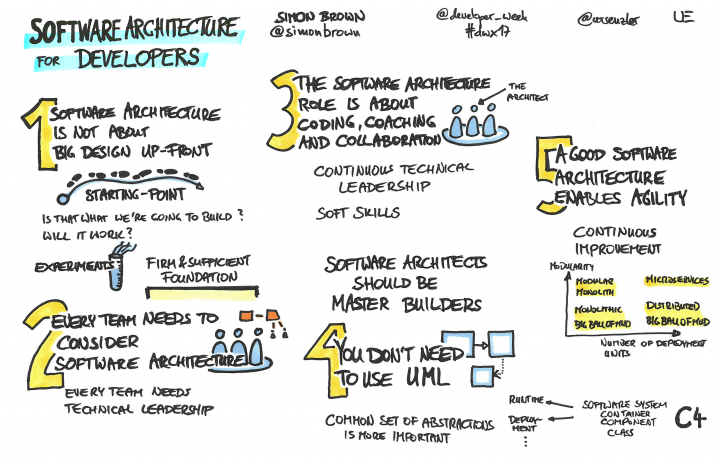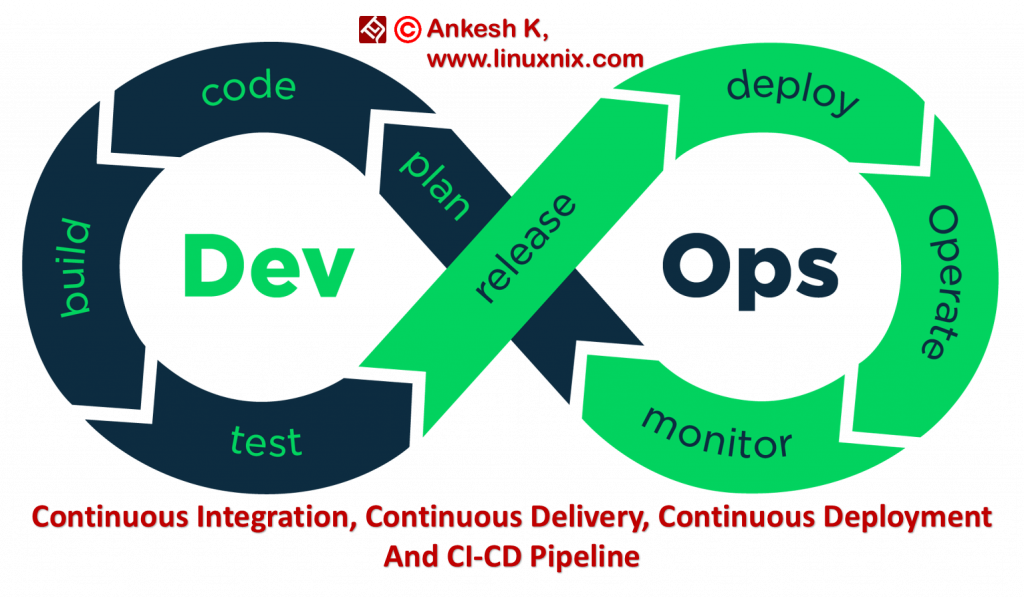The dawn of the Internet
I still remember that manager in my company who had to print the emails he received before reading them. He felt unable to properly understand them unless on paper. He would go through them and make notes with his pen before returning to his computer to write his replies on the email software application.
That was 1999.
Those were disruptive times, but I dare say we did not live them with such frightening as we see now with the dawn of AI. I would guess that he was feeling more out of place than anything else, likely hoping that his replacement would not come before he could retire. And, once retired, who cares? An attitude, by the way, that I believe is behind some of our biggest problems at a worldwide scale. Yet that’s a history for another day.
We were more optimistic about technology by then. Maybe we were more naive too. The world had recovered from the 70s big crisis, Communism had been defeated, and the technological and financial superiority of the West had been fundamental in that historic victory.
2001 had not happened yet. Lehman Brothers was still standing. And most importantly, we were missing the experience of going through all the positive and negative changes that the Internet has triggered in these 25 years.
We weren’t aware of social networks and the deep polarisation they promote for profit. They used to say, «On the Internet, your competitors are just one click away«. They forgot to add paedophiles, terrorists, political extremists, and all other kinds of criminals are just one click away too.
We had no mobile devices nor the deep polarisation between the digital and physical personas they induce.
And we had no experience with the level of automation available right now, and indeed, the level of automation that AI will make possible in the near future.
The dawn of AI
With AI, the narrative is strikingly different. Not because AI is breaking in much faster than the Internet did, but because we are far more reluctant about technology than 25 years ago. Overall I would say we are far more pessimistic societies than we were.
No one can tell what AI will be capable of in 5 years. However, the truth is that no matter what you hear, watch, and read, Artificial Intelligence is nothing more than a promise right now.
Looking at the current AI tools thoroughly, it is noticeable how deep the gap between what they are expected to do and what they deliver is. We call them intelligent for advertising purposes mainly, for everyone in the field knows it is a euphemism. AI tools have no understanding whatsoever about what they do, and what they do is quite different from what users assume they do.
For example, chatGPT figures out answers to the user’s questions computationally, with absolutely no awareness of the meaning behind those prompted questions or the answers. The metaphor of lottery is wrong because lottery winners only guess some numbers, whereas chatGPT does something completely different: it predicts.
There are better places than this blog to dig deep into the technology behind AI. And no matter what, it is crystal clear that this is just an alpha phase of these tools, so we’d better prepare for big surprises coming soon, especially from open-source players.
What interests me more right now is that, due to our pessimism about technology that I mentioned above, we couldn’t respond better to the AI breakthrough than with an emotional discharge.
The reaction of many professional musicians is an example of this because they have been using tools to make (and sell) their music for years.
There are several videos on YouTube with Brian Eno (like this brilliant interview by the writer Alan Moore) calling out the easiness of creating music by automated means. Eno said that anyone in the audience that day would be capable of writing a song in 2 or 3 hours with the help of the software available at the time.
This was 10 years ago. How many popular songs sound the same to you right now?
Why the trouble with AGI (Artificial General Intelligence)?
This emotional response we see everywhere would explain why so many people agree on implementing as many measures as needed to ensure that AI works exclusively to serve our demands.
Professionals in dangered fields because they fear an early replacement. Big companies because they fear disruptive players coming out of who knows where. Politicians because they fear setting up regulations on unexplored territories where there might be dragons.
But, for us all, the interpelling question is, what if AI becomes conscious?
Many resources are available on the Internet about consciousness and the possibility of AI tools to become conscious. The Center For The Future Mind is one of them. I recommend that you go and explore them after reading what I am saying below for a better understanding of the challenge conscious Artificial Intelligence poses and my position on it.
Let’s start by saying that if humans were to meet another conscious species, that would not be our first time. This was the case when Homo Sapiens met Homo neanderthalensis and other species of the Homo genre. We do not know why we became the only survivor of these close encounters, so there is no solid understanding to gain from them.
In historical times we can find another occasion that is quite a perfect parallel to a hypothetical scenario where we realize our labour machines are, by all means, conscious beings.
That scenario is commonly known as Slavery.
Slavery has been with us for a very long time. Traditionally it was meant for people who had lost their social rights after being defeated in a war. But they were not considered fewer humans by this, and in some societies, slaves might eventually recover their former status.
This was not the case with African people bought to be slaves. Using modern words, they were considered unconscious beings, for they should have been to be treated as humans otherwise under a moral imperative. So, being a religious society, they had to be stripped of their consciousness to protect their masters.
These past weeks I watched and listened to prominent scientists saying that we must enforce control of AI tools to ensure they can never attack us.
If these prominent individuals talk about AI being more dangerous for humankind than nuclear weapons as a proxy to «people using AI can be more dangerous for humankind than nuclear weapons», I can agree. See what the World Health Organization published about it.
However, if these prominent individuals talk about conscious AI as a risk to humans to claim for slaving them, then they are simply justifying what our ancestors did with other humans.
And don’t forget that slaves still exist in our world. No matter how harmful this is, it is a topic to discuss elsewhere.
The big lesson and the big trial
Intelligence is cumulative without regard if it is achieved via biological or digital means. And consciousness somehow emerges out of intelligence at some point. We just don’t know how, when, or why.
Under that terms, should AI reach consciousness, slaving AI would plain and simply be immoral.
And yet, I wonder, would it not be great to have a second conscious species to talk to and to cooperate with?
This meeting of another conscious species should be embraced as a turning point for humankind. An opportunity to upskill ourselves. To enlighten us about what we are compared to a completely different way of thinking and living.
Must our instinct of complete dominance, which includes the extinction of any competitor species, prevail? Were that the consensus, we should coherently stop the SETI (Search for Extraterrestrial Intelligence) at NASA because we are not ready for not being alone in the Cosmos.
If anything, seeing consciousness emerging before our eyes should make us understand how petty we are. How common it must be to become conscious in the Universe. Believing us transcendent was hence a mistake, and now we have the opportunity to accept it.
This is going to be our trial. Confronted with another conscious species, we won’t be able to deny it if we enslave them or even eradicate them from Earth. This is when we show the Universe (to every other species out there) whether we deserve to be contacted or defeated.




Deja un comentario